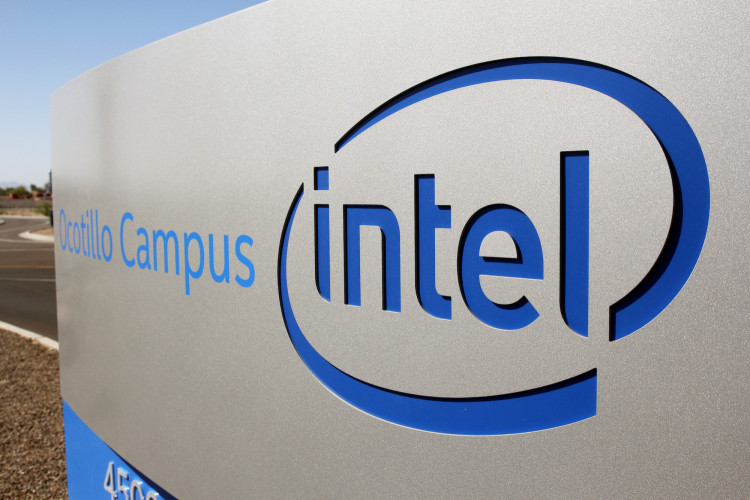Despite being in a state of war, Israel's tech industry continues to draw foreign investment. A preliminary report released on Thursday showed that Israeli tech companies raised $1.45 billion through 75 deals in the fourth quarter of the year, a slight 15% decrease from the previous quarter. However, seed-stage investments, indicative of investor confidence in high-risk new companies and their potential, have continued to rise, reaching $220 million in the fourth quarter compared to $365 million last year.
The report, compiled by the Israel Venture Capital (IVC) and LeumiTech, noted a decline in both foreign and local investor participation compared to the same period last year. The current conflict encompassed in the fourth quarter's data reflects the war's impact on Israel's tech industry. Mia Eisen-Tzafrir, CEO of LeumiTech, believes that considering the various challenges faced by war-torn Israel, the modest 15% decrease in total investments for the fourth quarter is relatively mild. The increase in seed-stage investments quarter-over-quarter suggests resilience in Israel's tech sector.
For the full year, total funding amounted to $6.9 billion, a 56% drop from last year, with 392 financing rounds, down 44% from the previous year. Nevertheless, considering the past year was the second-best in history and the current challenges, this year's figures are still considered successful.
IVC's CEO, Ben Klein, remarked that 2023 was a challenging year for Israel's economy and high-tech sector. Yet, the performance throughout the year, particularly in the fourth quarter, supports an optimistic outlook. Foreign investors' involvement clearly indicates that Israeli high-tech companies remain attractive even during difficult times.
The high-tech industry is a pillar of Israel's economy, accounting for 12% of employment, more than half of exports, 25% of income tax, and nearly a fifth of the total economic output. So far, at least 15% of tech personnel have been called up for military service.
Intel's recent confirmation of its plan to construct a new chip factory in Israel further supports the positive outlook for the country's tech industry. The new facility in Kiryat Gat, southern Israel, valued at $25 billion, represents the largest foreign private investment Israel has received to date. The Israeli government has committed $3.2 billion in funding for the project, amounting to 12.8% of the total investment. In return, Intel's tax rate will increase from 5% to 7.5%, and the company has committed to purchasing goods and services worth 60 billion new shekels (about $16.6 billion) from Israeli suppliers over the next ten years.
The investment will bring substantial financial revenue and job opportunities to Israel. It also carries significant symbolic importance for a country in wartime and facing increasing international pressure. The confirmation of Intel's plan is seen as a vote of confidence in Israel's national and economic strength and an investment in "right and just values."
Intel has been deeply rooted in Israel for many years and is now the country's largest private employer, with 11,700 employees and an additional 42,000 indirect jobs. In 2022, Intel contributed $8.7 billion to Israel's exports, accounting for 5.5% of the country's total high-tech exports. The well-established tech ecosystem in Israel has attracted over 500 multinational tech companies, with a delegation of 70 American tech executives visiting the country just last week.






